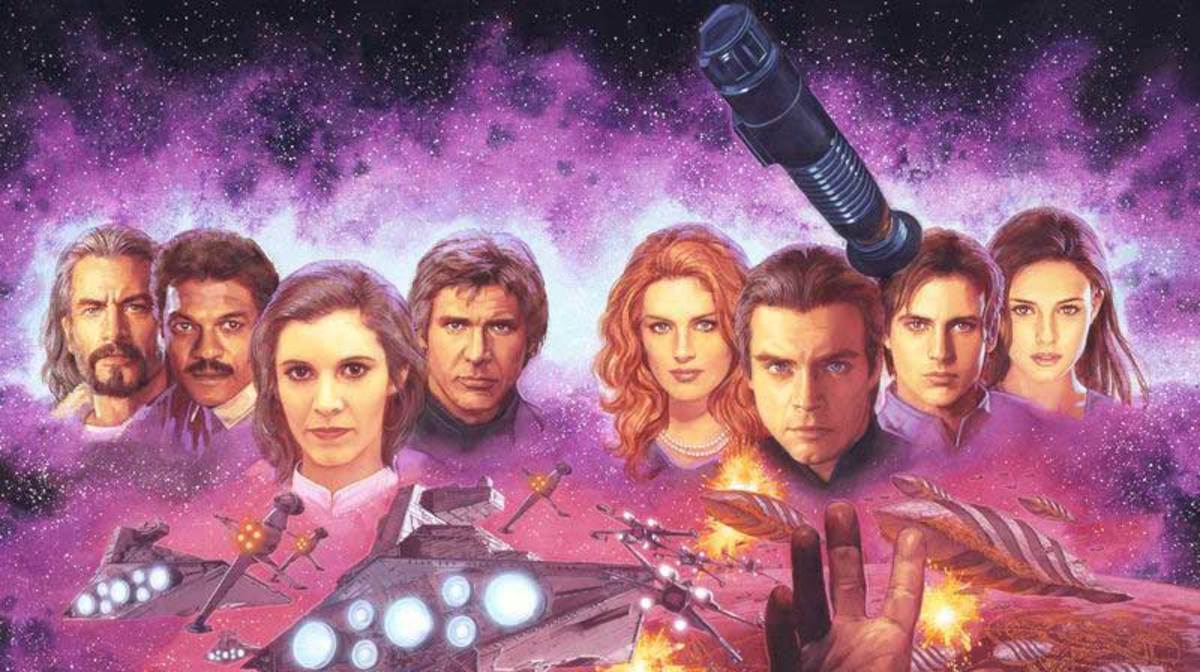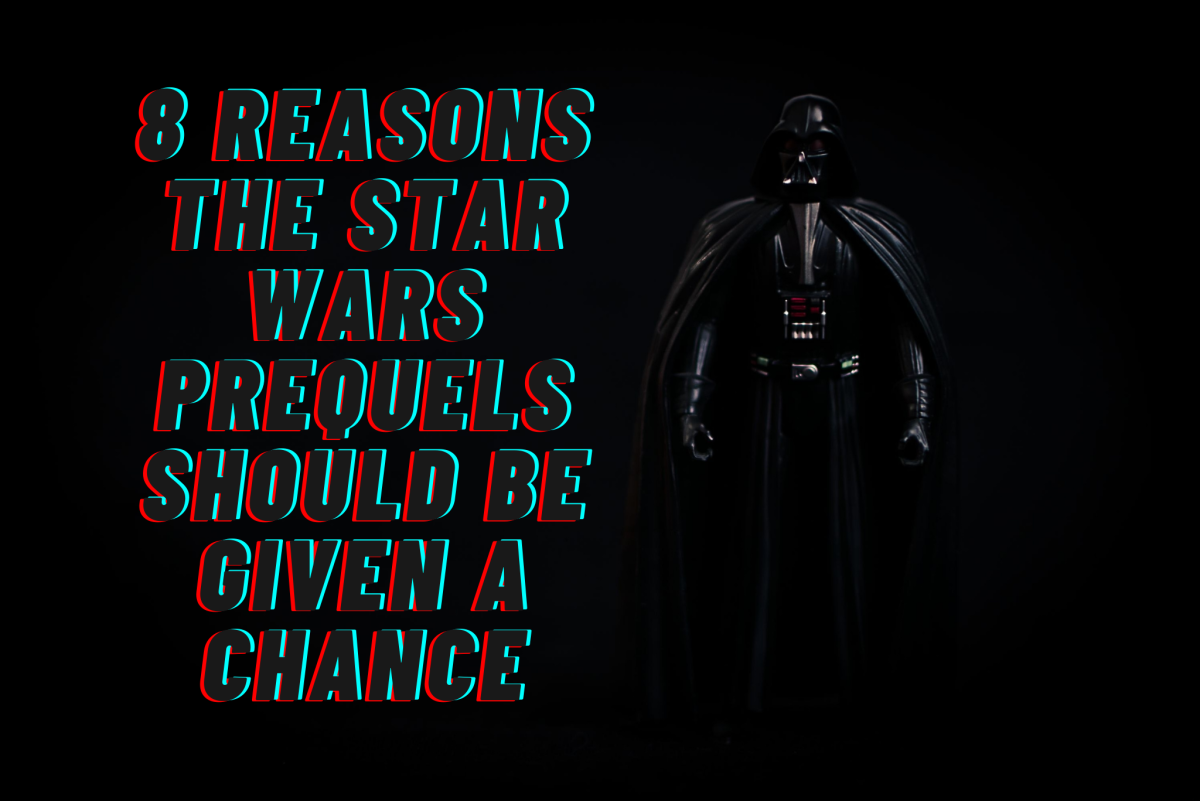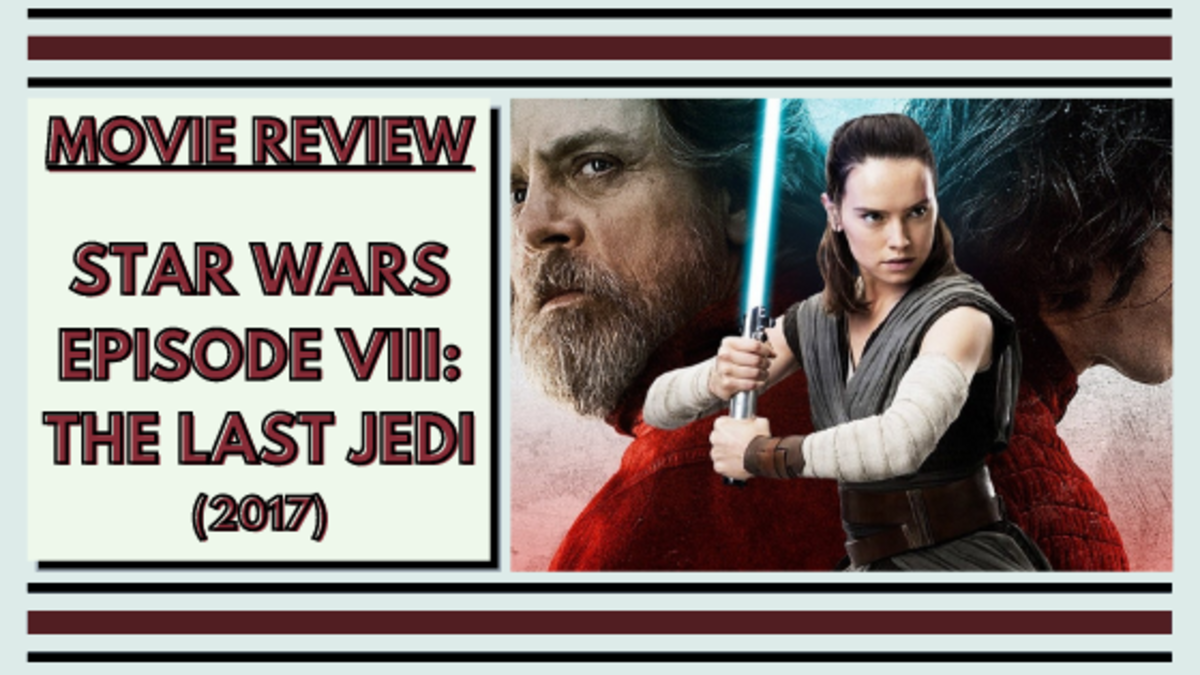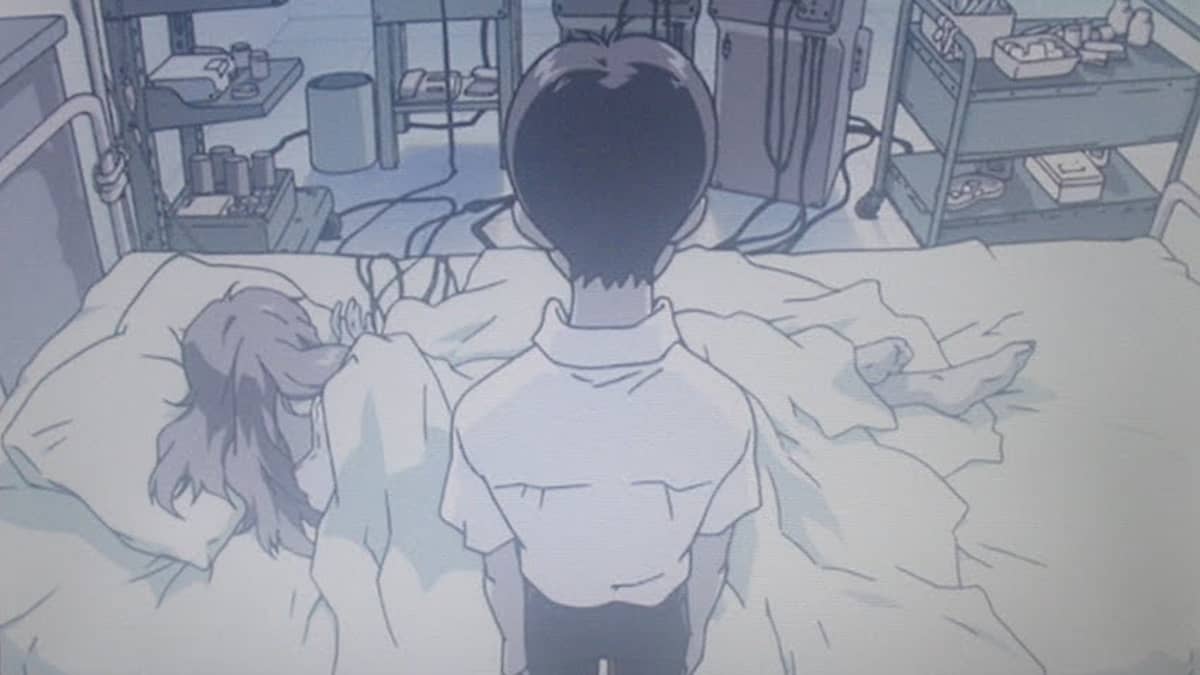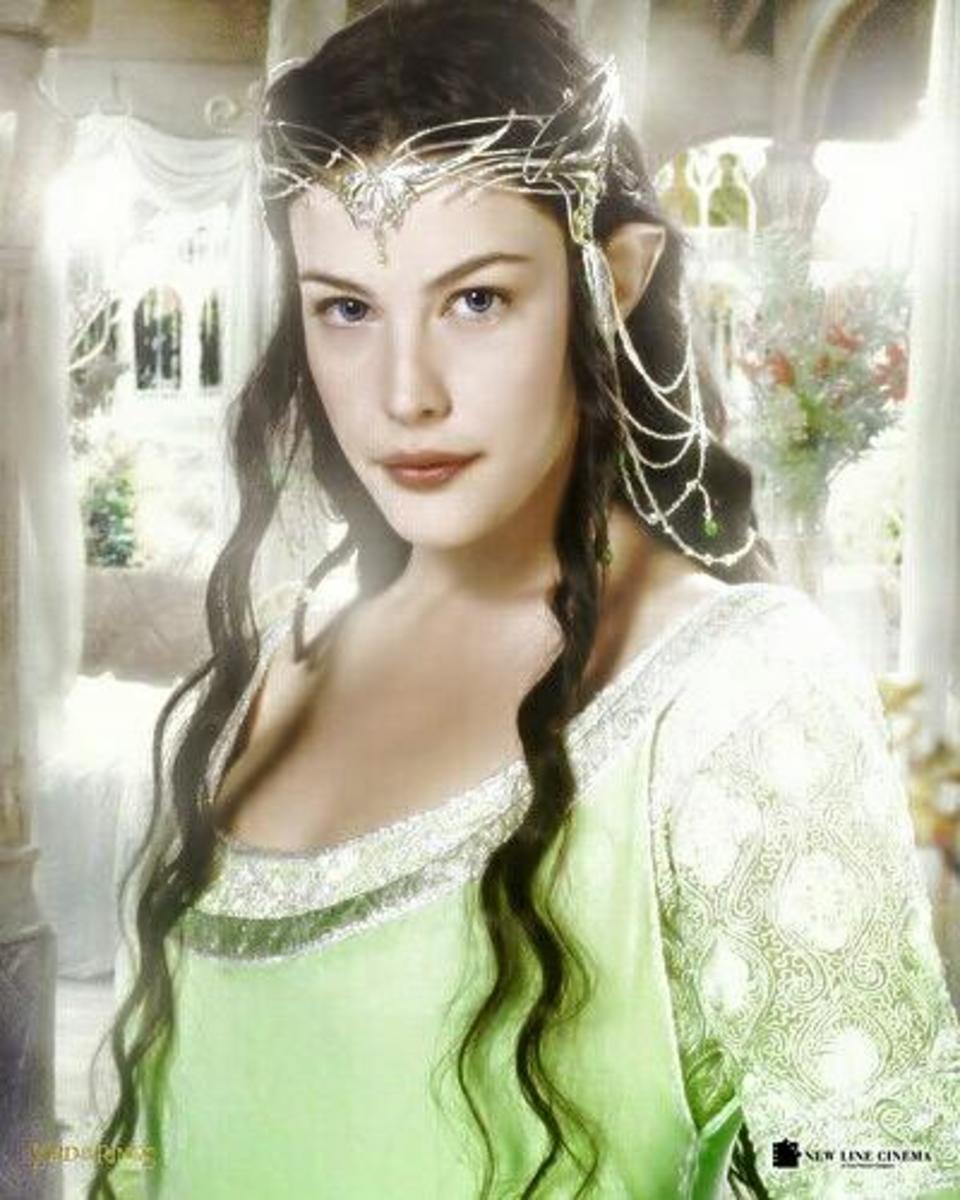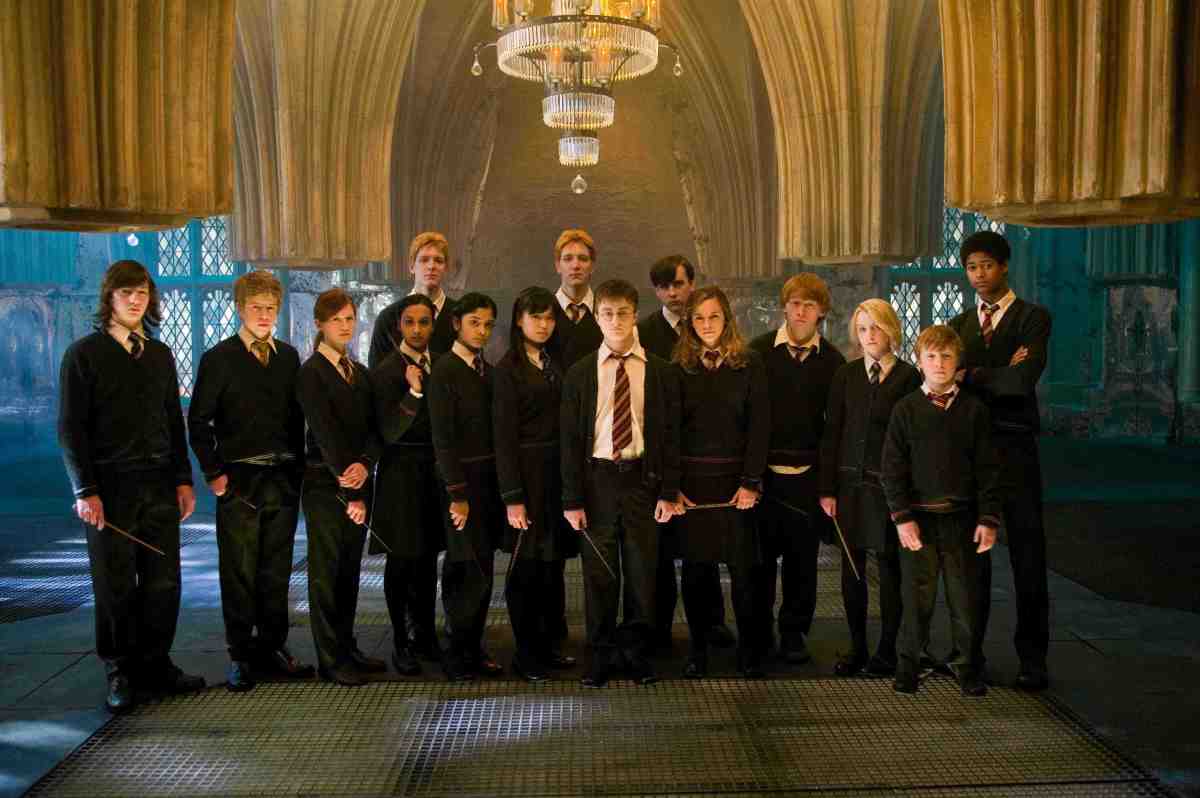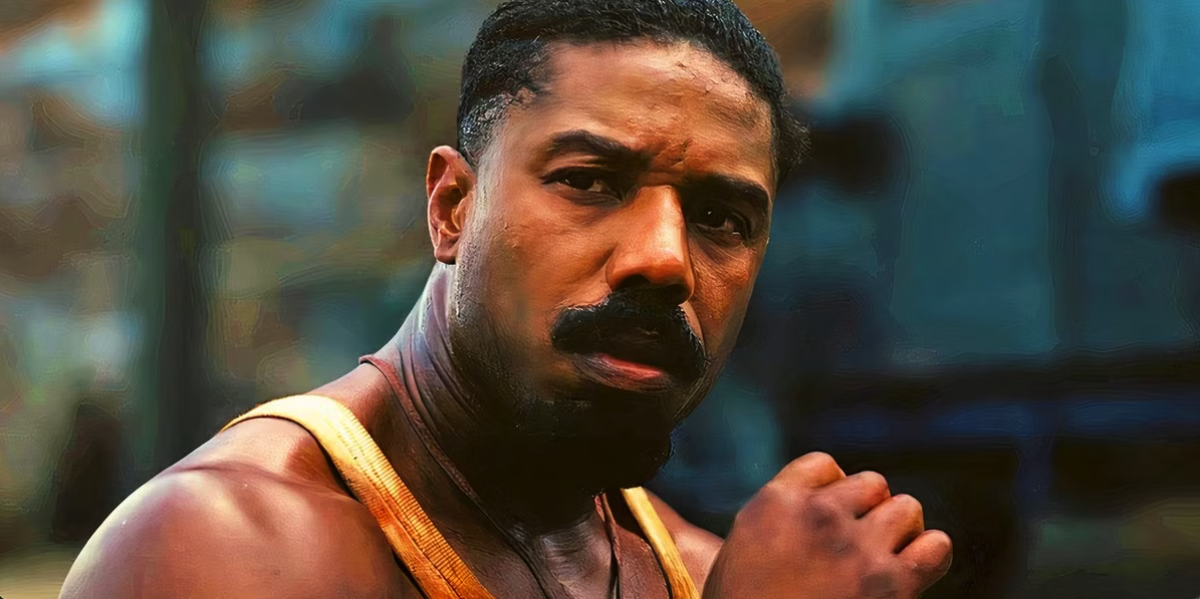The Problem With Fandom:What Starwars: The Last Jedi has Revealed About Extreme Fans and Their Franchises
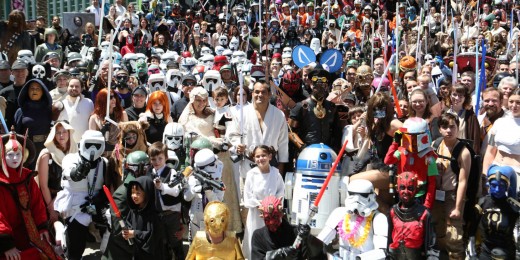
Starwars: The Last Jedi was massively hyped to be the monster sequel to the already monster-like The Force Awakens. Since the success of its predecessor, Lucasfilm, Disney, and many Starwars fans have been expecting that this new trilogy would be the continuation of a franchise renaissance. Yet even though it crushed in the box office, the movie has proven to be very divisive.
I saw the movie opening night and while I did enjoy it, I was also disappointed because of how they ended (at least) physically) Luke Skywalker’s story. To be fair I was coming at it from a fanboy point of view, so there’s obvious bias there, but in spite of that, I still liked the movie. Other fans meanwhile have fallen into opposing camps, with some praising the film for removing the obstacle of past nuances and allowing expansion: and others claiming that the beloved franchise is now dead: some fans being so distraught that they can’t even talk about Starwars anymore and have no interest in Episode IX or the new trilogy coming up. There is already a shit ton of reaction and amateur review videos on Youtube for both sides.
These passionate reactions bring up a fundamental factor and burden when dealing with beloved franchises: the voice of the fan base.
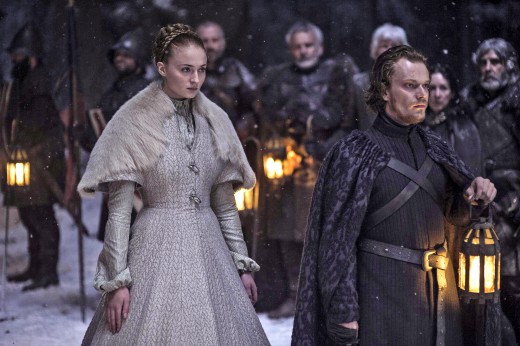
Fossilized and Popular
Speaking as both a fanboy of many franchises and a casual movie goer, the problem that franchises have isn’t their latest incarnation. After all, if you step back, you’ll find that all but the original 1977 Starwars film were universally loved and praised by audiences and critics with little to no criticism. Even the famous Empire Strikes Back was at first criticized when it came out for deviating from the happy, go-lucky experience of its predecessor. Return of the Jedi was attacked because many people thought the Ewoks took away from Empire’s gravitas. Phantom Menace and the subsequent prequels go without saying. The Force Awakens was thought to be too much like Starwars and Rogue One was criticized for lack of in-depth character development and too much fan service.
In this regard The Last Jedi is just indirectly following a long tradition. However that tradition was established because the original movies generated so many fans over the decades. Those fans then went on and expanded on that universe via literature and nostalgia. Once a franchise becomes encased in that kind of amber, breaking it out becomes dangerous. The same applies the likes of Lord of the Rings and Harry Potter series.
Their fan bases came from book series rather than cinema and had their adventures transposed up there. When that happened, it added whole new legions those bases. Like with Starwars, they connected with their audience and when they originally ended, became enshrined in the same type of nostalgic casing. When later iterations came out over a decade later, they immediately fell under those comparisons before they even hit the screen.
"Bottom line: when dealing with franchises and their fan communities, you can’t win either way. They’ve become religion whose honor its followers feel passionately they need to defend, and even in part own it."
Large Hands, Long Shadows
Successful series cast long and large shadows. Moreover those shadows engrain their mark into the culture. The deeper the mark, the more sacred it becomes. Original movies become like holy texts or established institutions like church and state. Studios like Disney don’t see the franchises or their fans as artistic endeavors and substance of story. They see them through the lenses of cash. Their ultimate goal is to bring in more money, not remain faithful to enshrined dogmas the franchise and their fans created.
The problem this creates then is that the producers, directors, and actors who are both lucky and unlucky enough to win roles in them automatically become chained to the fan bases’ reactions and views. Not because they want to or in some sense where their lives are controlled by the masses, but because their employers follow the money the fans dump into their products. They want the green. Then they have to make the masses happy, even if players themselves also love the franchises they’re working in.
However those same masses are fickle mistresses. The Force Awakens and The Last Jedi perfectly expose this dichotomy. While many complained that former stayed too close to the original formula, they now say the latter strays too far. Moreover, its created a division within that fan base in that many of the fan community not only welcome the handling of the recent movie, but attack their more traditional peers: even though they themselves are fan boys too.
A tug of war is created between the lovers of the franchise who want to see it develop a particular way, and directors who want to follow their particular vision. And that vision is not dictated by the fandom, nor is their approval necessary...unless loss of money becomes involved of course.
The DCEU is also encountering this problem with Justice League. When Batman vs. Superman came out, it was hated because it was too dark and not fun enough, trying to not be like the highly, successful MCU. When Justice League came out later trying to rectify that mistake, it was then attacked because it was now too funny and trying to be like marvel.
Bottom line: when dealing with franchises and their fan communities, you can’t win either way. They’ve become religion whose honor its followers feel passionately they need to defend, and even in part own it.
Nerd Wars
In the new century, fan boys are no longer the stereotypical, over weight, stay-at-home White males with no social skills. Nerd culture runs the world now, and they are smart, know how to use the internet effectively, and come in all different appearances. Justice League came out the way it did because of those fan bases. George Lucas at one point said he stopped making Starwars movies because of the level of hostility in the communities’ reactions to his prequel trilogy. The newest incarnation of a female-GhostBusters tanked in large part to the negative press it received.
Fans now wield a certain level of power that can really dent a businesses’ wallet, even Disney. The minefield the franchise can become can be enough to make prospective directors and actors think twice before attaching their name, their reputation, and their careers to unpredictable responses of the mob. And a side effect of the era we’re living in, those franchises can become easily more volatile because of how political our entertainment is now.
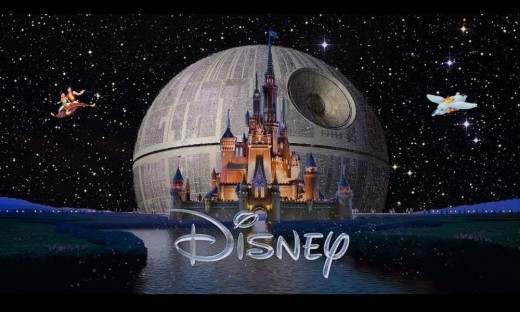
Coming to Terms
Though I am a fanboy, this reality does make me sad. It makes it hard to enjoy the movie because of how it makes me feel like two sides telling me to join their side of the Force, as well as seeing all the extreme reactions on both sides. Fan bases can be your best friend and your worst enemy in the course of a single night. Half of the praises that Rian Johnson got for helming The Last Jedi at the beginning has now turned into #rianjohnsonkilledstarwars.
Opposite of that equation, casual movie goers and newer or moderate Starwars fans who loved the film have taken to calling these self-appointed caretakers as simply holding onto the past and unwilling to embrace change. Many of them were not around for the original trilogy and therefore have a different investment than their franchise peers. It all seems rather ridiculous to me for what is ultimately a series of movies.
For my own personal reactions, I initially thought the people who were glad and clamoring for the movies to be diverted away from the Skywalker plot base as pretentious and immature. Like the stories involved were more about trending politics and rather than the substance and value of the story itself.
I realized though the mistake I was making. And that like any work of art, it is interpreted different ways by different people and we all bring our own baggage to the table when we look at them. Right or wrong, it’s something that can’t be helped, but it doesn’t mean either side doesn’t respect the art any less. I had my issues with The Last Jedi as I did with the Hobbit trilogy, but you know what? When I stopped over reacting and looked at it outside of my enshrined viewpoint, I saw that both directors do respect the franchise and interpreted the way that they did because they respected it. Just looking at and listening to the movies establishes that.
So I no longer take issue with this movie. I realize that I am part of a fickle community, and arguably society, that out of love for an art work can over react to how others interpret it.
The war between franchise owners and their fan bases is just starting, with directors and actors getting caught in the middle of it. And the more political or money hungry the producer execs get, the longer its going to continue. You’re asking for trouble when you try to alter or update any religion. And business is always going to follow the money regardless of substance.

